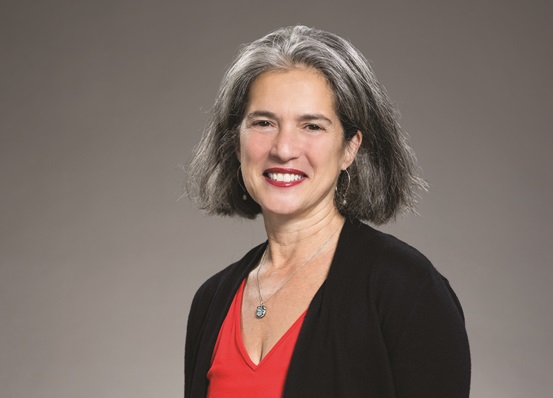Affirming the Power of Cherished Possessions in Inheritance Law
Scholarship by Professor Deborah Gordon

In her recent scholarship, Professor Deborah Gordon argues that narratives about cherished possessions have a powerful role to play in testamentary documents, serving psychological, social and legal purposes for survivors and decedents alike, while also creating opportunities to democratize estate planning.
With “Mor[t]ality and Identity: Wills, Narratives, and Cherished Possessions,” published in the Yale Journal of Law & the Humanities, Gordon challenges existing orthodoxy in trust and estate law that tends to focus on matters of economic impact.
Legacies are formed not only by achievements and relationships, but also through possessions, Gordon observes, citing research surrounding the connections between identity and wellbeing. Rich or poor, male or female, all individuals own at least one possession to which they have ascribed meaning, history or beliefs. She also documents how a rich history of inheritance texts, both fictional and legal, contain narratives that reflect a connection between people, their treasured belongings and their “traditions, cultural values, and ideologies.”
“The current practice of trivializing personal property dispositions either by relegating them to separate non-binding memoranda or not dealing with personal property at all other an in a general or residuary clause are missed opportunities,” Gordon observes.
The transfer of a cherished possession at death—even one of modest economic value–can help a property owner transcend her mortality by infusing it with her morality, reflecting her unique values and principles, Gordon writes.
Survivors may also reap benefits when narratives about possessions appear in testamentary documents, Gordon notes, “even if those recipients ultimately decide that retaining the property is unappealing, burdensome, counterproductive, or just plain messy.”
Observing that the inclusion of narratives about cherished possessions need not entail intensive effort on the part of attorneys, Gordon provides model language and sample testamentary documents that incorporate meaningful accounts of items being conveyed.
An enhanced approach to estate planning has the potential to democratize estate planning because it will encourage participation by younger and less affluent individuals who now often rely on default rules or non-probate vehicles that may fail to serve their goals and interests.